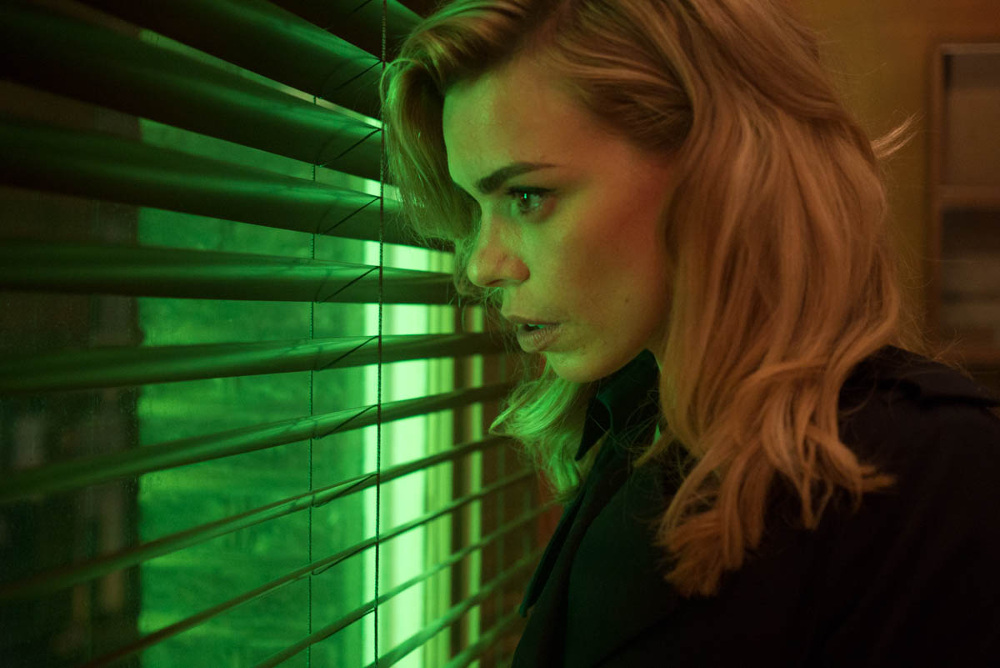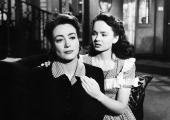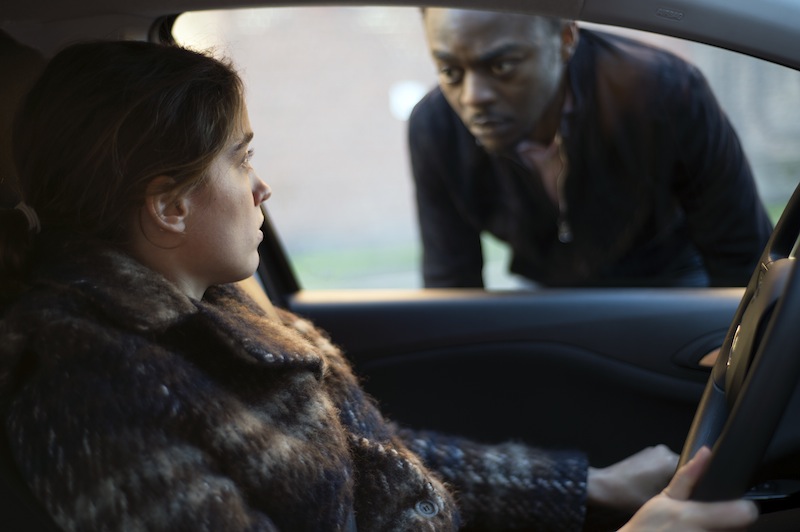City of Tiny Lights, review - 'Riz Ahmed sleuths in self-aware London noir'

Absorbing crime drama that's big on atmosphere if low on suspense
The harsh metallic rasp of a cigarette lighter; a glamorous, vulnerable prostitute in distress; a noble lone crime-fighter standing dejected in the rain. All the familiar tropes of noir are present and correct – in fact, almost self-consciously ticked off – in this entertaining thriller from Pete Travis (Dredd, Endgame). But they’re in a jarringly unfamiliar context: this is modern-day, grimy, multi-ethnic west London – located specifically with mentions of Scrubs Lane and Kensal Rise tube station – with its relentless gentrification, luxury housing developments sprouting all around, small-time drug dealing and hints of Islamic radicalism.
Tommy Akhtar (Riz Ahmed) is a small-time private investigator – "I deal in the lies people tell and the truths they don’t," he mutters in one of the film’s sporadic voice-overs. He’s approached by high-class hooker Melody Chase (Cush Jumbo) to investigate the disappearance of her friend and co-worker Natasha, but things take a darker turn when he discovers a dead body in the Paddington Basin Holiday Inn, and he sends his young protégé Avid (Mohammad Ali Amiri) to check out the possible involvement of the dodgy-looking Islamic Youth League.
There’s an awful lot going on, and it sometimes feels like writer Patrick Neate, who adapted the script from his own 2005 novel, has just too many targets in his sights to do them all justice. But, slickly paced by Travis – despite a brief dead patch in the middle – it’s an entertaining, thought-provoking ride nonetheless, and one that maintains its sense of humour (often very self-aware in its subverting of genre cliches) despite its seedy subject matter. Where the film diverges from genre – and, it has to be said, sometimes strikes a slightly jarring note – is in Tommy’s back story: how a tragic episode from his teenage years infiltrates today’s events, kicked off when he unexpectedly encounters school mate Lovely (an oily James Floyd) at the centre of the film’s property scheme. Travis’s tender flashback sequences do raise the question, however, of how the sensitive, damaged teenage Tommy ended up as a streetwise gumshoe with a mean right hook.
Where the film diverges from genre – and, it has to be said, sometimes strikes a slightly jarring note – is in Tommy’s back story: how a tragic episode from his teenage years infiltrates today’s events, kicked off when he unexpectedly encounters school mate Lovely (an oily James Floyd) at the centre of the film’s property scheme. Travis’s tender flashback sequences do raise the question, however, of how the sensitive, damaged teenage Tommy ended up as a streetwise gumshoe with a mean right hook.
Riz Ahmed is wonderfully watchable, however: smouldering, simmering but vulnerable, too, and with sudden glimpses of steely determination behind his determinedly sullen exterior. Billie Piper (pictured above) seductively slurs her way through her performance as Shelley, Tommy’s former illicit girlfriend now turned high-class hostess, and Cush Jumbo as Melody Chase is fragile but fiery. Felix Wiedemann’s restrained cinematography is a joy – colour-sapped for his grimy London exteriors, but suddenly blinding with lurid hues in the film’s pounding club scenes.
The film’s miraculously happy ending might feel a touch unconvincing, and ultimately pulls back from delivering on some of the intrigue that’s been set up. But City of Tiny Lights is a captivating offering all the same – although one that’s more absorbing in its impeccably delivered atmosphere, rather than truly suspenseful.
Overleaf: watch the trailer for City of Tiny Lights






 Her amateur detective work uncovers connections between her own local patients and the neighbourhood's population of menacing hustlers and petty criminals (pictured above: Dornael with Marc Zinga playing a pimp).
Her amateur detective work uncovers connections between her own local patients and the neighbourhood's population of menacing hustlers and petty criminals (pictured above: Dornael with Marc Zinga playing a pimp). 


